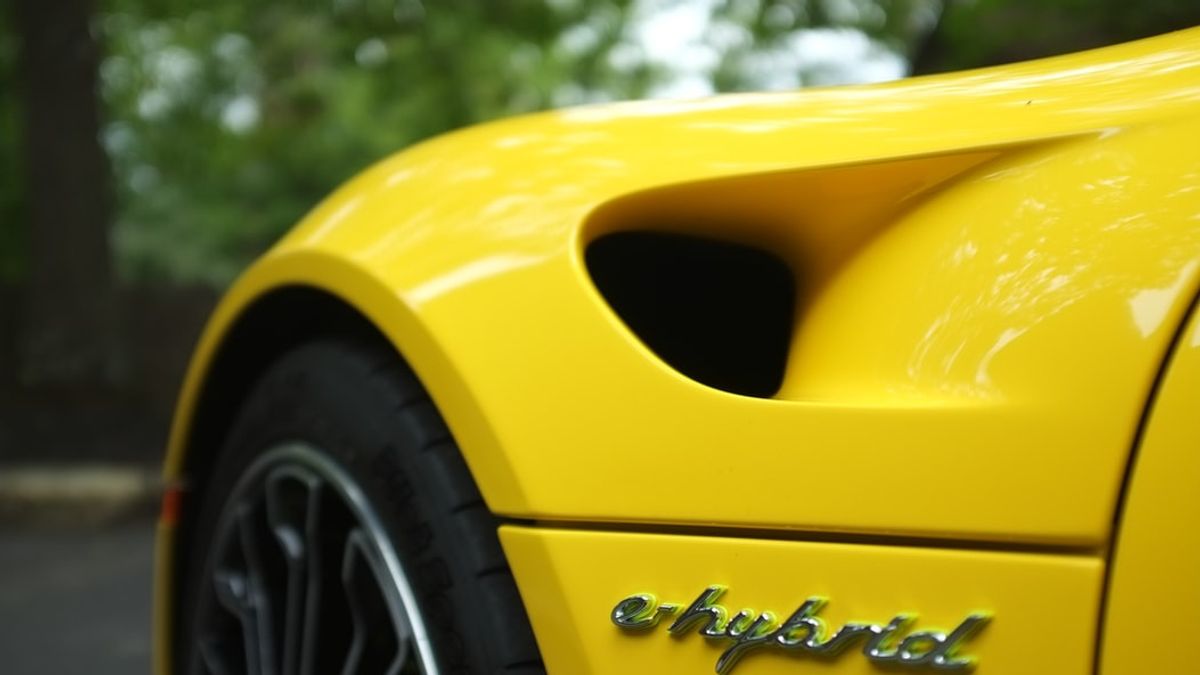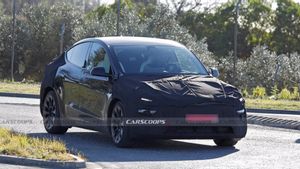JAKARTA – The global shortage of computer chips hit car manufacturers. Researchers report that hybrid cars are twice as prone to chip supply chain problems than conventional fuel-powered models.
The report, published in the journal Environmental Science & Technology, shows that self-charging hybrid and plug-in hybrid vehicles carry a risk of doubling raw material costs. This equates to an increase of US$1 billion for a fleet of one million sedans and SUVs, compared to conventional models.
According to Randolph Kirchain, Principal Research Scientist at the Massachusetts Institute of Technology in the US, the biggest culprits for the increased cost risk is battery-related elements, such as cobalt, nickel, graphite, and neodymium. However, changes to the exhaust and transmission systems in hybrid vehicles also reduce the impact of palladium and aluminum,
To reach this conclusion, the researchers gathered information on compounds in more than 350,000 parts used to make seven vehicles from the same manufacturer with different electrification levels, including four sedans and three sports vehicles (SUVs).
Then, they calculated the number of 76 chemical elements present, as well as several other ingredients, in each type of car.
To develop a monetary metric for vulnerability, the team considered the weight of each component, along with the average price and price volatility between 1998 and 2015.
Supply chain weaknesses emerged during the COVID-19 pandemic, especially for industries that rely on electronics, as the flow of raw materials slows down or sometimes stops.
In addition, shifting consumer values and stricter environmental regulations have resulted in more people buying hybrid vehicles.
The batteries in these cars require rare metals which, depending on the supply, can have volatile and unpredictable prices.
SEE ALSO:
"But there are other rare elements and materials that can be used in smaller quantities in hybrid models than conventional gas vehicles, raising questions about how these vehicles actually compare to supply chain vulnerabilities," according to the study.
The team suggests that as manufacturers increase the production of electric vehicles to meet demand, they can reduce their raw material cost risks by contracting long-term suppliers, replacing some materials, or recycling others.
The English, Chinese, Japanese, Arabic, and French versions are automatically generated by the AI. So there may still be inaccuracies in translating, please always see Indonesian as our main language. (system supported by DigitalSiber.id)


















